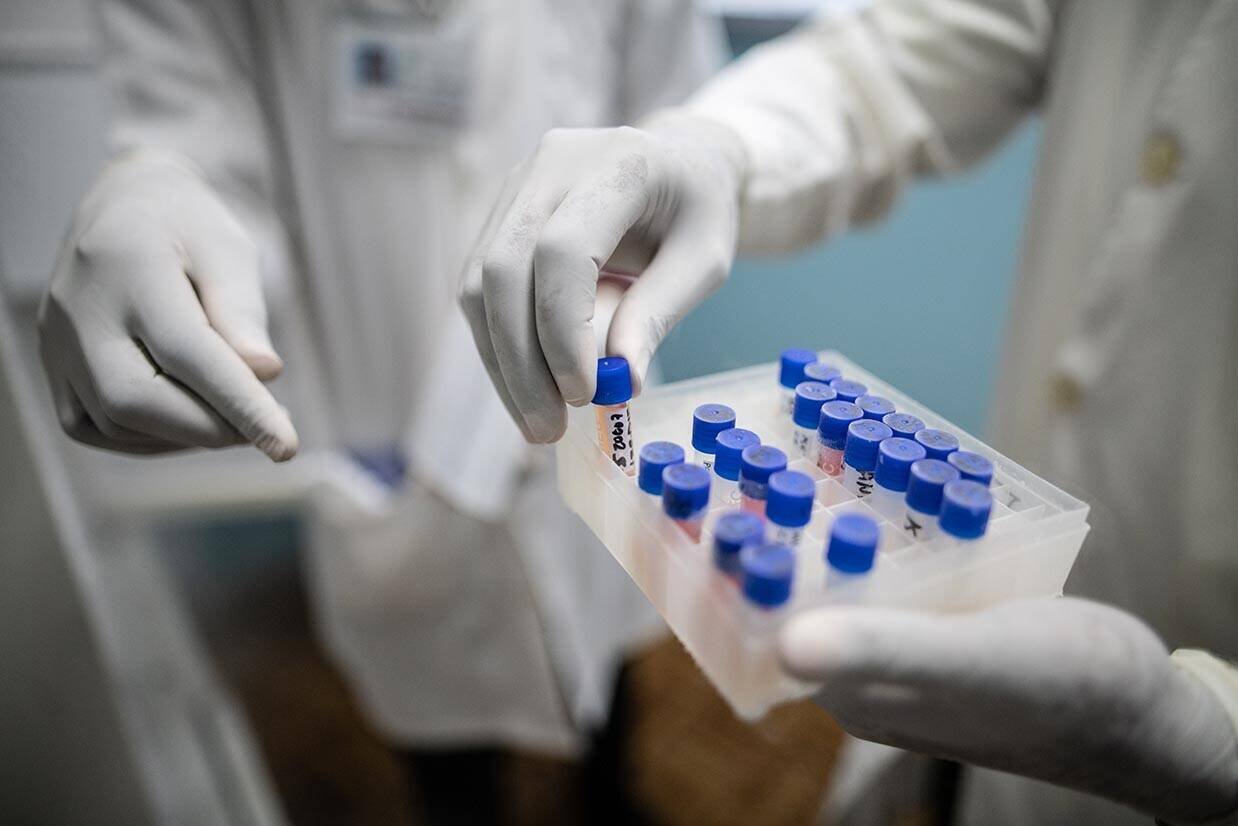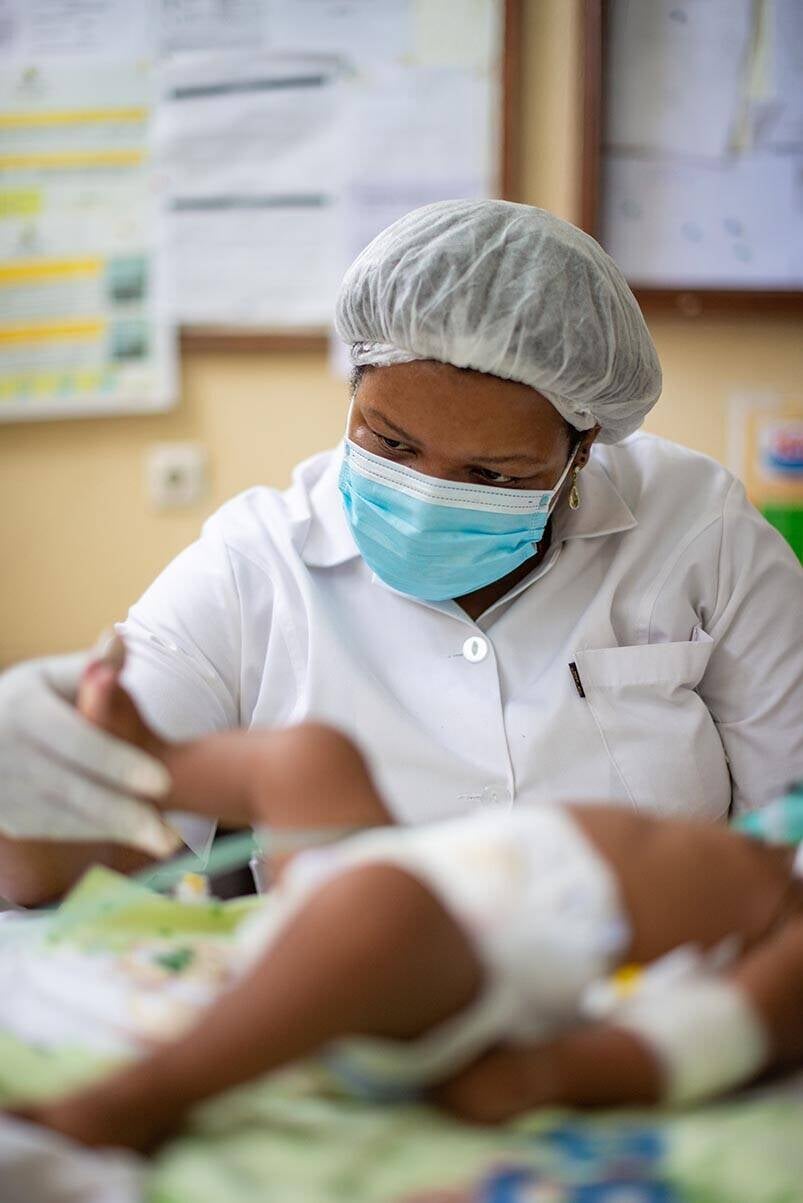
scroll down
The study found that children switched to oral antibiotics could, on average, spend one less day in hospital without affecting outcomes. Total treatment duration (inside the hospital and at home) could be safely reduced to 4 days. The oral antibiotics are available as syrups and dispersible tablets, both of which are suitable for home use. The initial results were unveiled at the European Society of Clinical Microbiology and Infectious Diseases (ESCMID Global) conference held in April 2024, in Barcelona, Spain.
The PediCAP project is coordinated by the global Penta Child Health Research (PENTA) network. This network is also leading the Global Health EDCTP3-funded SNIP-Africa study, launched in 2024. SNIP-Africa is focused on developing suitable treatments for drug-resistant infections causing sepsis in newborns, which are responsible for more than 200,000 deaths a year.
SNIP-Africa will connect neonatal units in Ghana, Kenya, South Africa and Kenya, as well as sites in Europe. It will recruit more than 1000 babies with sepsis and evaluate existing and new antibiotic combinations. A highly innovative trial design has been developed, which will enable multiple different antibiotic combinations to be assessed, with the antibiotics evaluated at each site being selected on the basis of local patterns of antibiotic resistance.
Community-acquired pneumonia is one of the leading causes of death among young children in resource-poor settings. The WHO recommends treating severe pneumonia with injectable antibiotics for five days within hospitals. Although this method is highly effective, it has drawbacks, placing a financial burden on both families and health systems and increasing children’s exposure to healthcare-associated infections.
The EDCTP2-funded PediCAP study has been evaluating a modified approach to care of severe pneumonia, based on a switch to more convenient oral antibiotics when patients begin to show signs of recovery.
The trial recruited more than 1100 babies and children with severe pneumonia, aged 2 months to 6 years, across sites in five African countries (Mozambique, South Africa, Uganda, Zambia and Zimbabwe). Patients received either the standard WHO-recommended course of injectable antibiotic or were switched to readily available oral antibiotics (amoxicillin or amoxicillin–clavulanate) when they showed signs of clinical improvement. The trial was notable for its innovative design, which compared multiple different treatment options and durations of treatment within the same study.
An innovative trial has found that young children with severe pneumonia can be treated with oral antibiotics when they show signs of improvement, enabling them to leave hospital sooner.

‘Step-down’ antibiotics for infants with severe pneumonia